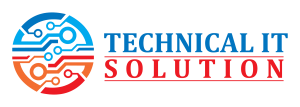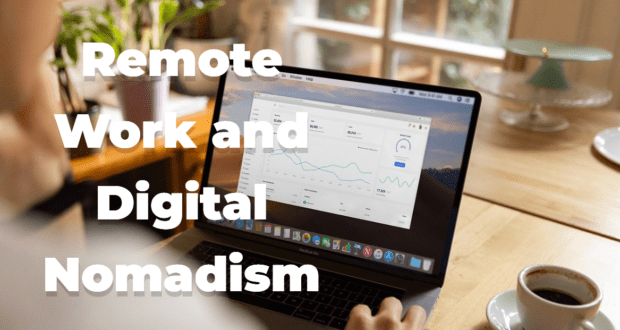Remote work and digital nomadism have revolutionized the traditional work landscape, offering individuals unprecedented flexibility and opportunities. While they share similarities, there are distinct differences between the two concepts that shape how people approach work and lifestyle choices.
What is Remote Work and Digital Nomadism? The details are below:
1-The Benefits of Remote Work
Remote and digital is characterized by working outside a traditional office environment, presents numerous advantages for both employees and employers. Embracing remote work can lead to increased productivity, improved work-life balance, reduced commuting stress, and access to a wider talent pool. Additionally, it fosters a more inclusive work culture by accommodating diverse needs and preferences.
2-Challenges of Remote Work and Digital Nomadism
Despite its benefits, remote work comes with challenges that individuals and organizations must navigate effectively. Common challenges include potential feelings of isolation, communication barriers, maintaining work-life boundaries, and technological dependencies. Digital nomadism, which involves traveling while working remotely, adds complexities such as visa requirements, time zone differences, and logistical arrangements.
3-Strategies for Success in Remote Work and Digital Nomadism
To thrive in this new era individuals can adopt strategic approaches that enhance productivity, well-being, and professional growth. These strategies include effective communication practices, utilizing collaborative tools, setting clear expectations, establishing routines, prioritizing self-care, and staying adaptable to changing circumstances. Embracing a proactive mindset and continuous learning also contribute to long-term success in remote work environments.
4-Conclusion: Embracing a New Era of Work
As it continue to gain prominence, embracing their benefits while addressing challenges is key to unlocking success in the modern work landscape. By understanding the nuances of each concept, implementing effective strategies, and fostering a culture of flexibility and innovation, individuals and organizations can navigate this new era of work with confidence and resilience. Embracing this system opens doors to limitless possibilities, empowering individuals to design fulfilling careers and lifestyles that align with their aspirations and values.
Next Post: Wellness and Mental Health
 Technical IT Solution Computer Hardware, Software and Printers Problem & Solutions. You can also download laptop bios bin and schematics without any cost.
Technical IT Solution Computer Hardware, Software and Printers Problem & Solutions. You can also download laptop bios bin and schematics without any cost.



